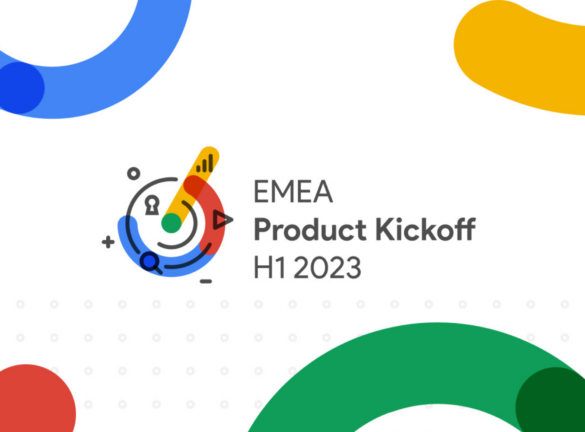
Navigating PPC & Paid Media for Healthcare
A selection of products and services are not allowed to be advertised in the UK by law, so Google and other large advertising platforms need to be extremely cautious and thorough in their advertising policies.
Google AdWords has a policy centre that prohibits or restricts ads depending on their content, so for example, advertising material for alcohol, gambling and healthcare is audited very closely. There are several reasons why the content in these sectors is monitored, but primarily it is to ensure that content is safe and suitable for viewers, from simply saving a searcher from embarrassment to protecting minors and the vulnerable.
These advertising policies have become a common issue for many advertisers working in these industries, so it is important to have a full understanding of the policy process and routes to managing successful activity in these environments.
The Healthcare Sector
Drug Term Restrictions
Google has a list of restricted drug and prescriptions terms that cannot appear in ads, or even in the landing page copy of the website. Healthcare advertisers must be careful not to include any language containing these prohibited terms on their website or in the ad, as this will cause an automatic disapproval by the Google system, and they will therefore not become live ads until the issue is resolved.
This is a large obstacle for healthcare businesses because so many of them need to use these ‘prohibited terms’ to describe the health procedures they are advertising for, yet for the ads to be approved, and traffic to be driven to the page, these terms must be removed from their website. For example, ROAST work with a large healthcare client, and recently one of their landing pages was rejected due to the content containing the drug term ‘collagenase’.
In this case, the term ‘collagenase’ is appearing on a hospital website and is being used to describe a procedure, and yet it has led to a red flag on the landing page. So, this creates an issue as some treatments, as in this case, cannot be advertised using the correct medical terminology. This can be a pain, as website content writers do not consider AdWords restrictions and many advertisers only find out a webpage cannot be used when an ad is disapproved much later in the overall process.
Google Medical Certification
As Google must abide by the laws and industry restrictions for each country, businesses that target more than one country need different strategies and messaging as medical restrictions differ from country to country. For campaigns targeting Canada, New Zealand and The United States, companies can apply for certification to be exempt from certain drug/pharmacy restrictions. However, this does not apply to the UK (even if the business is a pharmacy or a hospital).
Remarketing Restrictions
Remarketing for healthcare is almost impossible due to Google restrictions as remarketing ads must not contain any personal health information and the landing page must not contain a treatment or any mention of medical conditions.
Similar audiences and customer match also exclude search activity based on health, as it would be unethical for a health-related issue to keep appearing in ads, especially if a device is shared. However, there is a slight grey area where remarketing is allowed for anything related to general health, for example, vision.
This is the largest obstacle for the medical industry as remarketing is one of the most powerful PPC tools. Retargeted customers are three times more likely to click on your ad than people that have not seen your business before and online users who are retargeted with display ads are 70% more likely to convert into a paying customer [1][2]. Medical advertisers must think differently about a customer’s journey and what strategies can be used re-engage potential customers.
Healthcare Sensitivity
As healthcare is a sensitive topic, advertisers must be extremely careful about the content and messaging they are promoting through PPC, even if advertising for treatment that potential patients are directly searching for. Beyond AdWords, advertisers also need to be aware of considerations to take on other platforms such as Facebook, where users can give direct opinions and every comment can be seen by your social media targets. There can be positive and negative impacts on our brand depending on how your targets react to varying ads. Advertising some healthcare treatments can cause heavy criticism online and easily damage a campaign and even a business.
Conclusion
As discussed, digital platforms have firm restrictions on what content can be advertised, which presents a challenge to anyone looking to run advertising in the healthcare sector and other restricted industries. Before running any activity for a healthcare business, make sure you’re aware of local regulations for the areas you want to target, as well as the long list of obstacles in your path when advertising medical content. This will ensure your business is operating safely and with consideration, as well as enabling you to prepare a successful and structured Paid Media strategy for a client in a restricted industry.
Sources
[1] https://www.invespcro.com/blog/ad-retargeting-2/
[2] https://www.advancedwebranking.com/blog/increase-conversion-rate-using-retargeting/






